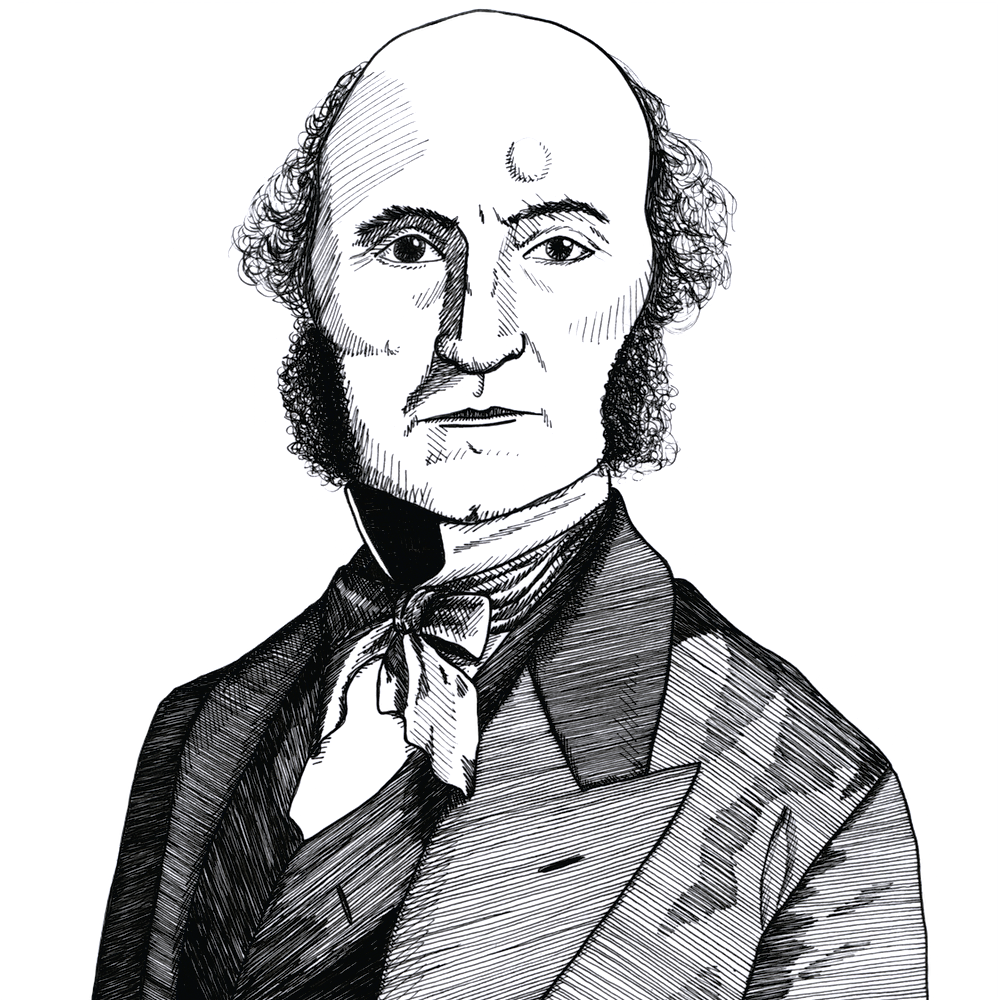
J.S. Mill was convinced he was living in a time when he would experience an explosion of classical liberal reform because “the spirit of the age” had dramatically changed (1831)
Found in: The Collected Works of John Stuart Mill, Volume XXII - Newspaper Writings Part I
In an essay which John Stuart Mill wrote in 1831 at the age of 26, he confidently announces that “the spirit of the age” in which he lived would bring about revolutionary changes because men had suddenly “insisted on being governed in a new way”:
Politics & Liberty
A change has taken place in the human mind; a change which, being effected by insensible gradations, and without noise, had already proceeded far before it was generally perceived. When the fact disclosed itself, thousands awoke as from a dream. They knew not what processes had been going on in the minds of others, or even in their own, until the change began to invade outward objects; and it became clear that those were indeed new men, who insisted upon being governed in a new way. But mankind are now conscious of their new position. The conviction is already not far from being universal, that the times are pregnant with change; and that the nineteenth century will be known to posterity as the era of one of the greatest revolutions of which history has preserved the remembrance, in the human mind, and in the whole constitution of human society.